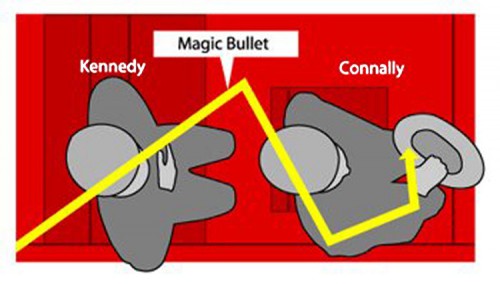
The Battle of Cowpens captures American strategy in microcosm. Meet Daniel Morgan, the “Old Waggoner”. Morgan was a Virginia frontiersman whose first taste of military life came during the French and Indian War. He also learned to hate the British: after he punched a British officer, Morgan was whipped 499 times. He survived this experience, leaving him stronger and thirsting for revenge. So Morgan was ready for action when, after Lexington and Concord, Virginia made him captain of a company armed with accurate but slow-loading rifles for sharpshooting instead of the fast-loading but inaccurate muskets issued to regular infantry. He served with distinction in campaigns like the abortive liberation of Canada and Saratoga, rising to the rank of colonel with command of a regiment. But, repeatedly passed over for promotion to brigadier general and racked with pain from various ailments, Morgan resigned his commission and went home. He refused repeated requests to serve again until the American disaster at Camden finally drew him back into service. Morgan was quickly promoted to brigadier general by Nathanael Greene, commander of American forces in the South.

Morgan was blessed with a stereotypical British antagonist. Banastre Tarleton was a British lieutenant colonel famous for his aggressive cavalry tactics and his propensity for killing American prisoners and civilians. Tarleton was the fourth son of a prosperous slave trader, foreshadowing his later taste for innocent human flesh. Having squandered most of his inheritance on a life of aristocratic dissipation, Tarleton, reflecting the proud British tradition of military meritocracy, bought an officer’s commission. Recognizing that war could be highly profitable to a broke nouveau riche aristocrat on the make, Tarleton volunteered for service in King George III’s War on Freedom in 1775. Throughout the early years of the American Revolution, Tarleton served with distinction, even unwittingly helping the Americans by relieving them of Charles Lee. Tarleton transferred to the Southern theater of operations in 1780, where his talent for murder found full expression. His most notorious crime was a massacre of surrendering Americans at Waxhaws: “Tarleton’s Quarter” became notorious.

